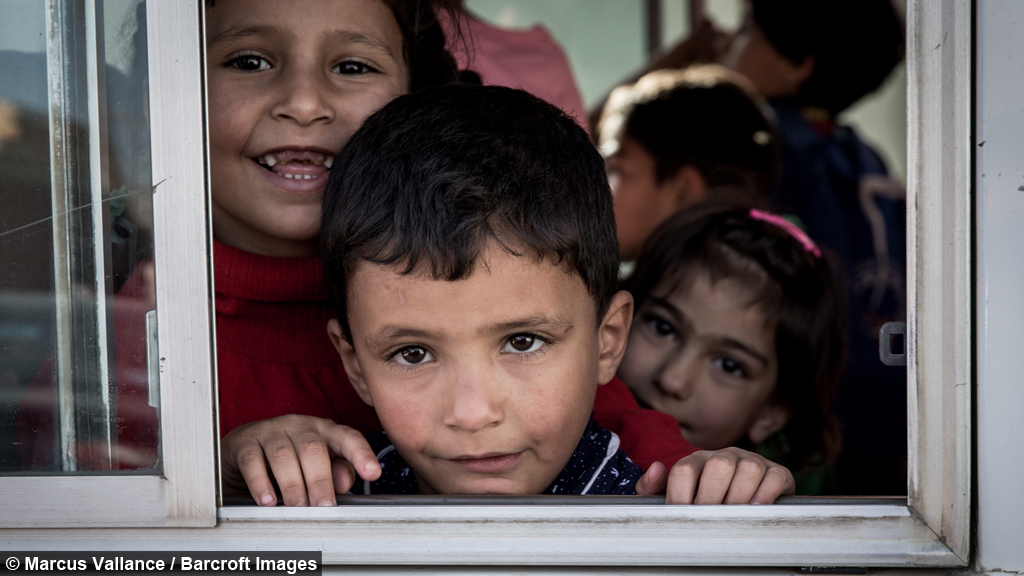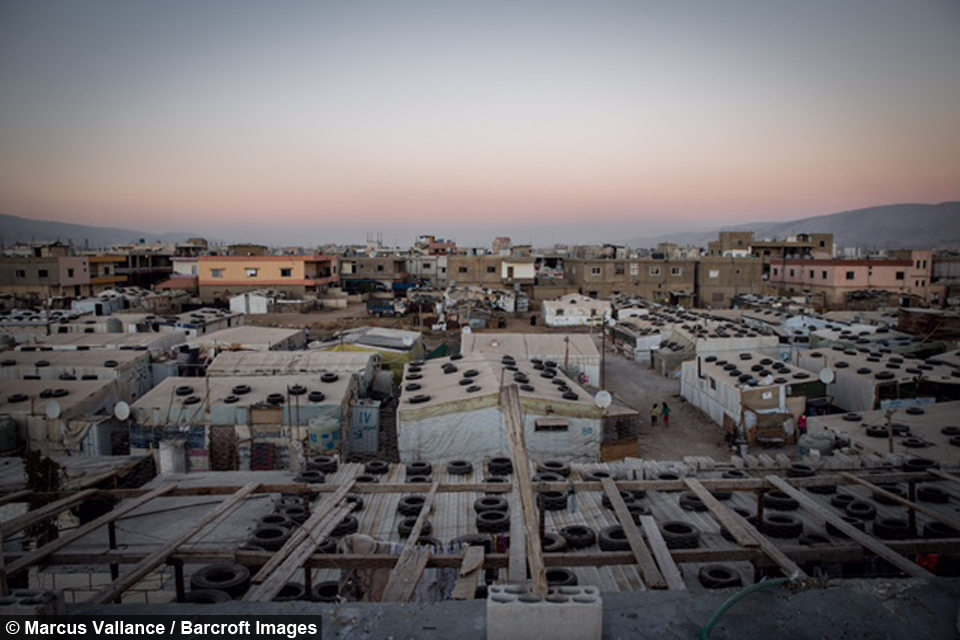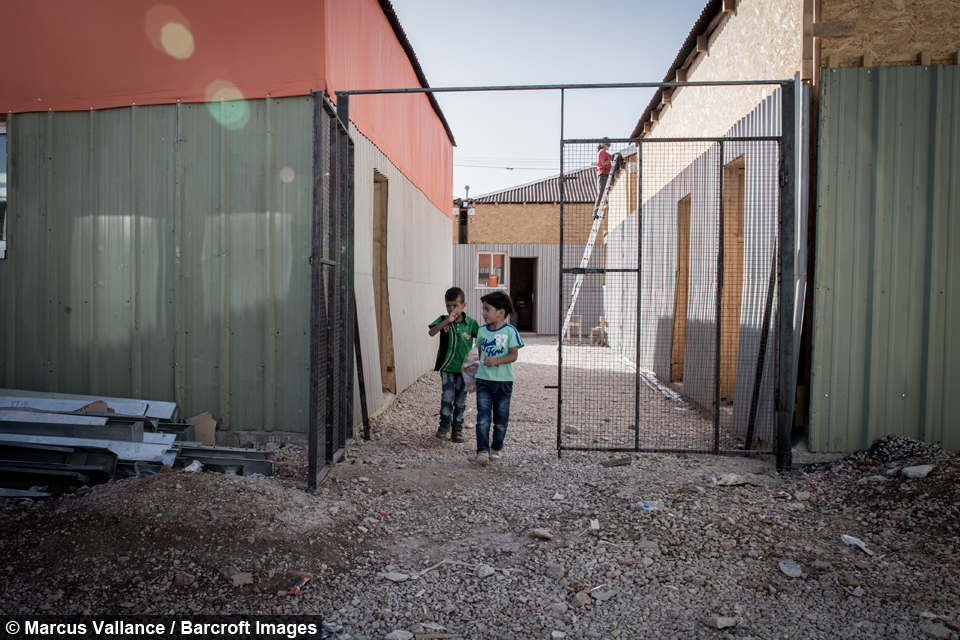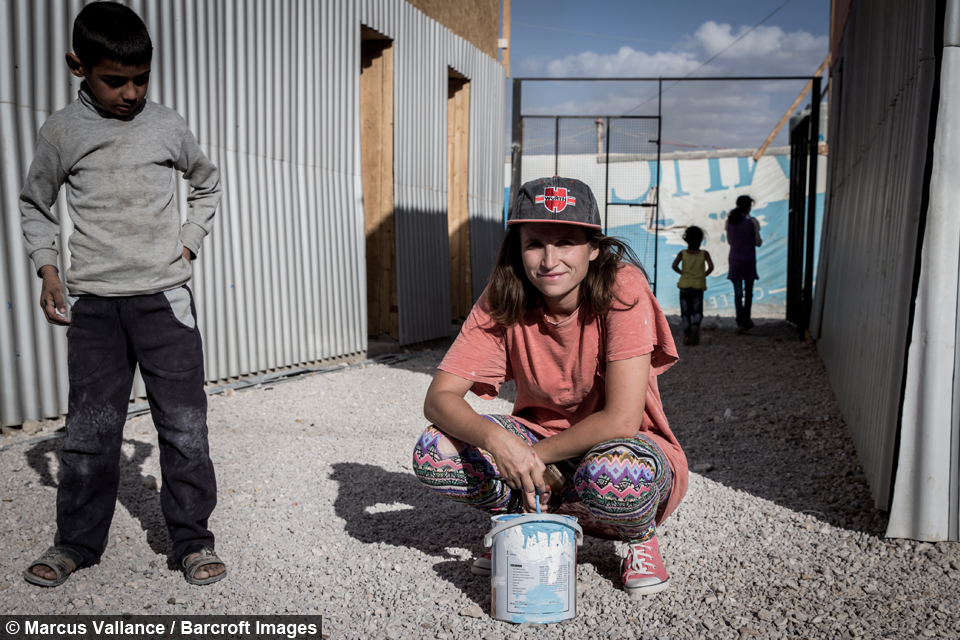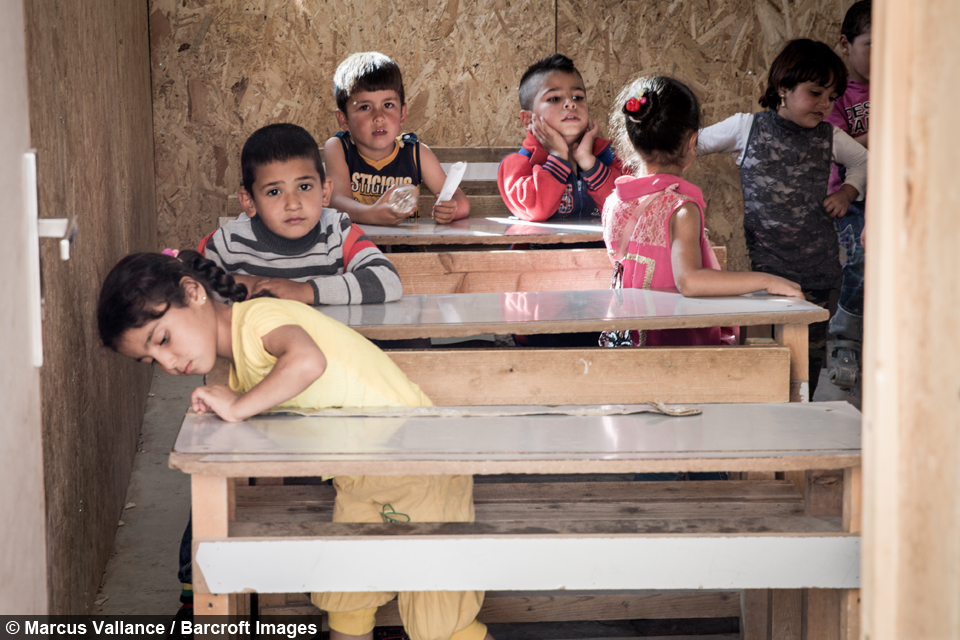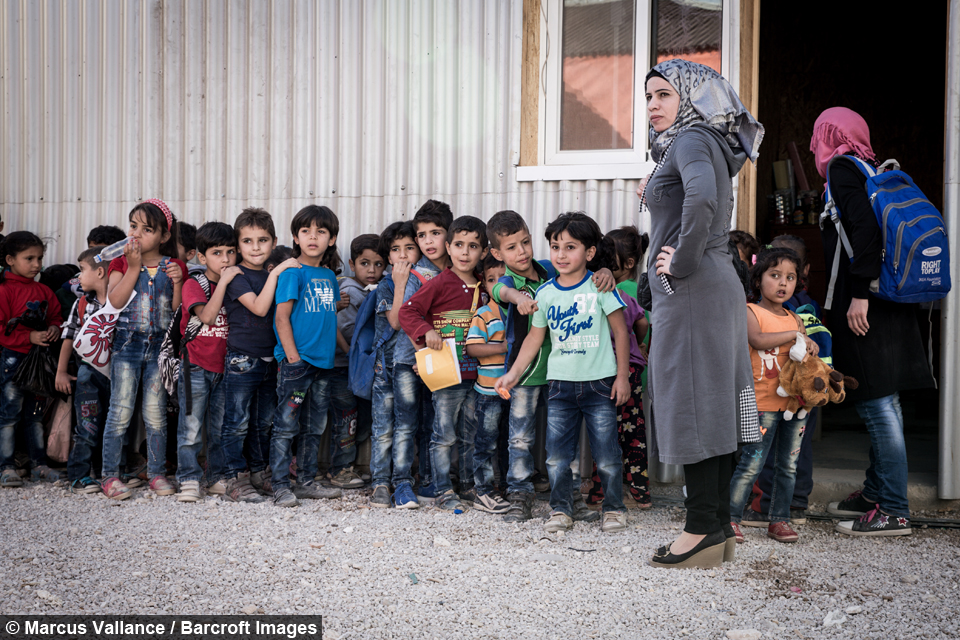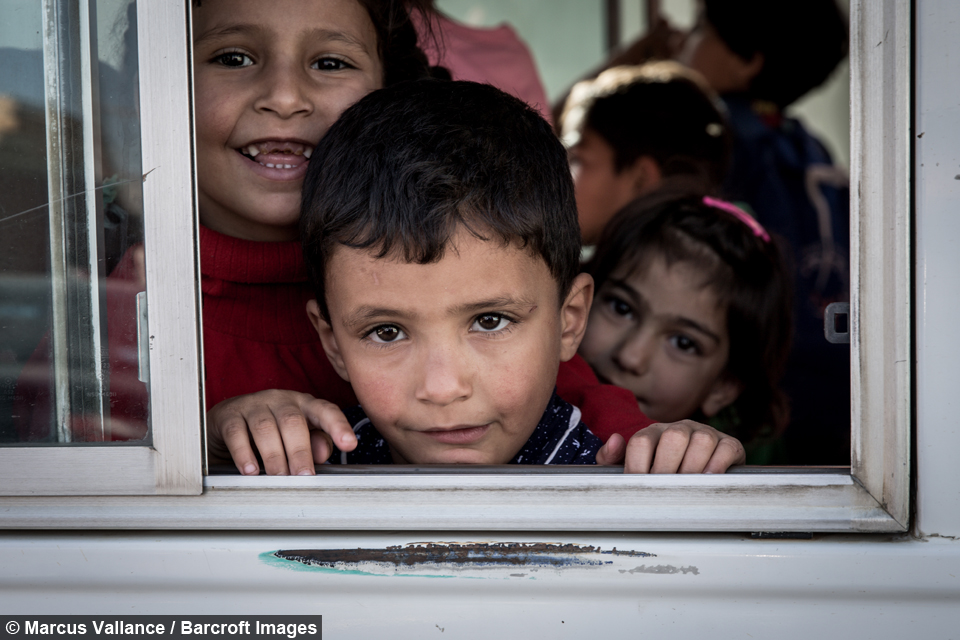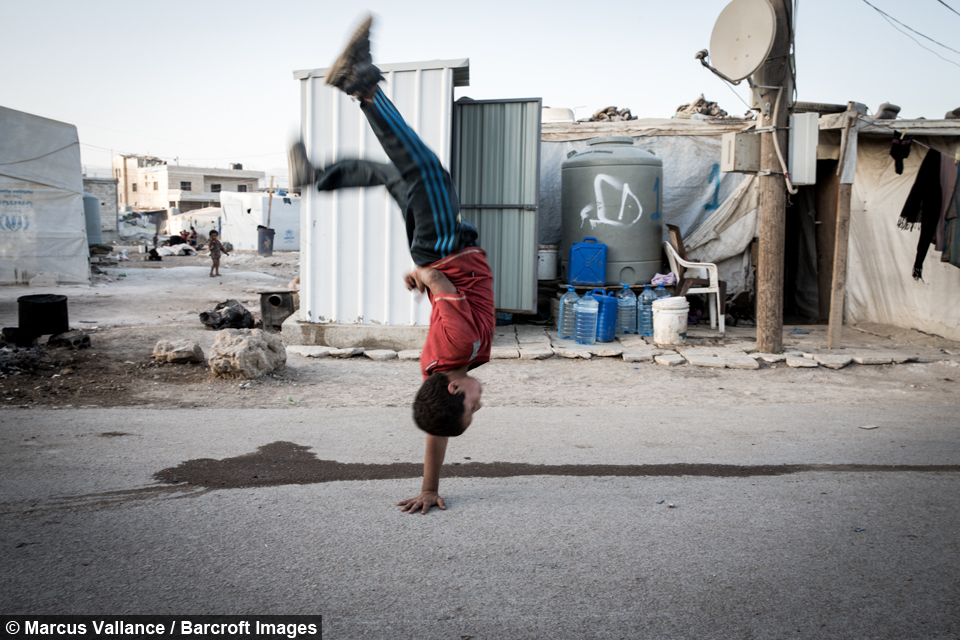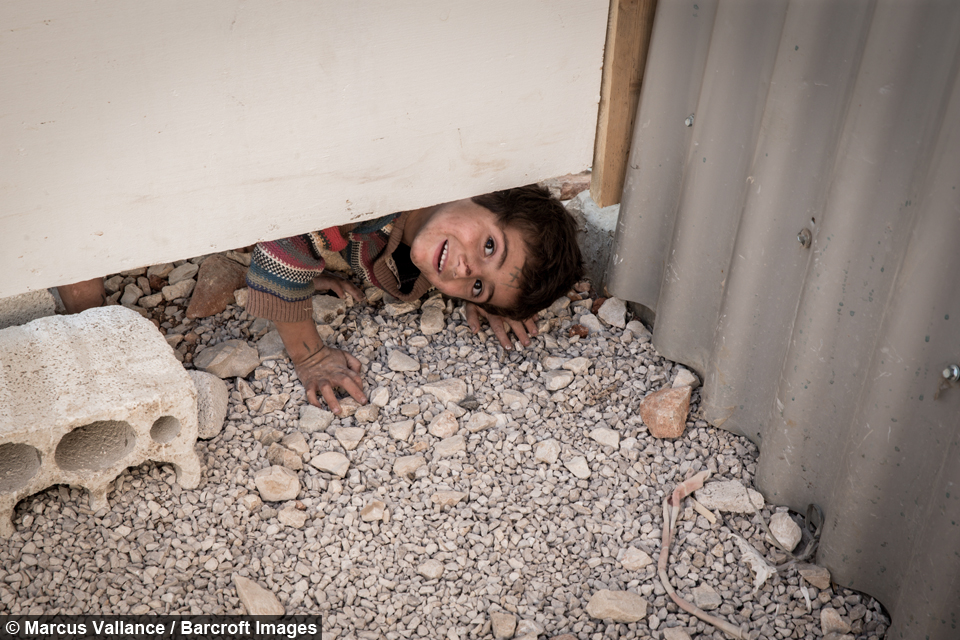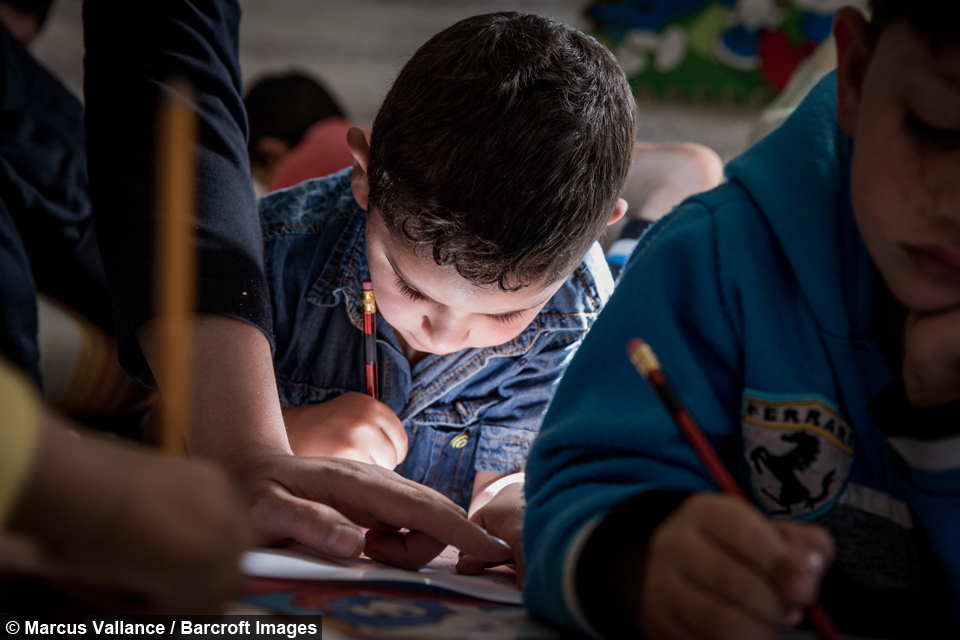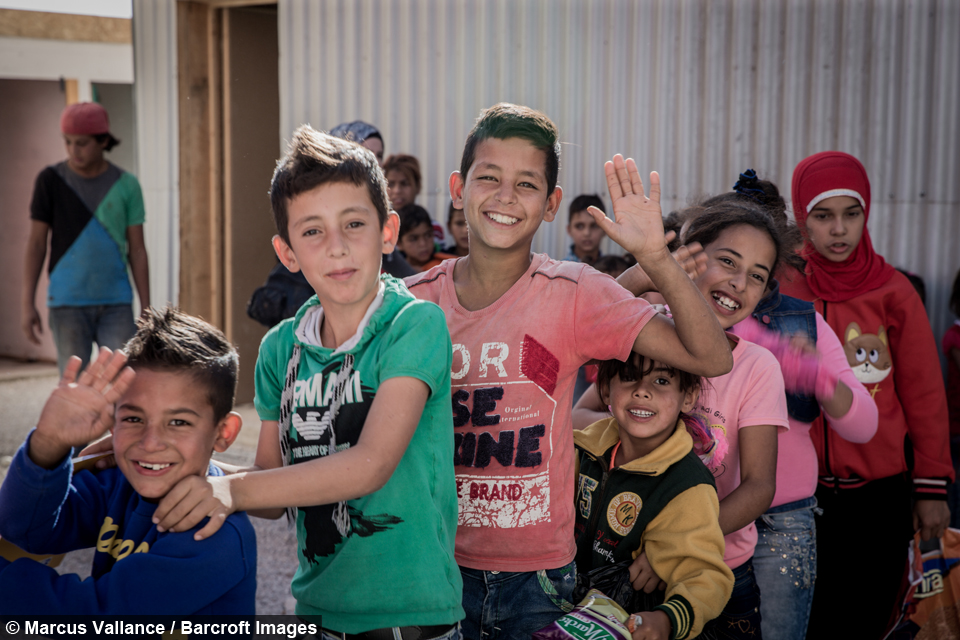Eco-friendly school built for Syrian children
By Bunmi Adigun @Bunmi_Adigun
Scroll down for the full story
Located in Lebanon, the Jarahieh school was initially set up in 2014 in a Syrian settlement and was just composed of tents.
In recent months the school has seen a major revamp through the help of international and local NGOs, where the tents have been taken down and replaced with more sustainable materials.
British charity Catalytic Action spearheaded the construction and design of the refurbished school.
The charity’s co-founder, Joana Dabaj, used her architectural experience to design and build the school out of reusable materials.
She said: “The Jarahieh school is very important for the settlement in general and the children in particular. It is the only educational centre within this settlement. The new school space represents a safe environment, a place where the children can develop confidence and a healthy development.”
Set up by Syrian charities Jusoor and Sawa, the school was initially built by people who live in the settlement with the help of the NGOs.
Home to hundreds of Syrian refugees the settlement is comprised of various ethnic groups, however the construction of the school has helped to bring the community closer.
Joana said: “We have engaged with the children of the settlement, their families and teachers to understand their needs and desires for this school through participatory art and design approaches, that way the community members are at the centre of the process and having a say in the design of the new school.”
The school has now become a lifeline for the people in the settlement as it not only offers lessons to the children but also gives adults the opportunity to learn English.
The inexpensive approach to the construction of the school has also helped to boost the local economy as things such as wool have been sourced locally as well as a bevy of other materials.
“The school has been constructed by local labour, all of the women and men who worked on this project live in this settlement, many of their children attend this school. It has been communicated how important it was for them to be part of this project, to work along local and international architects, learn new skills and build a school for their children,” Joana added.
Every aspect of the school’s construction has been thought of; from local wool being used as insulation to the repurposing of wood during the building process.
All charities involved wanted to ensure that the school was built in the most eco-friendly way, as well as being pragmatic due to the lack of resources, and they plan to continue with this approach.
She said: “At this stage we believe we could improve the school furniture which are being now reused from the older school like desks and office furniture.”
British photographer Marcus Valance a volunteer from the charity Salam LADC documented the incredible work of NGOs working on the school.
He said: “I’ve been working in the camps of Greece since December last year. This was a natural progression to an area where there is very little help for the refugees and the local Lebanese alike.
“Given the circumstances and limited resources, they’ve done an incredible job.”
